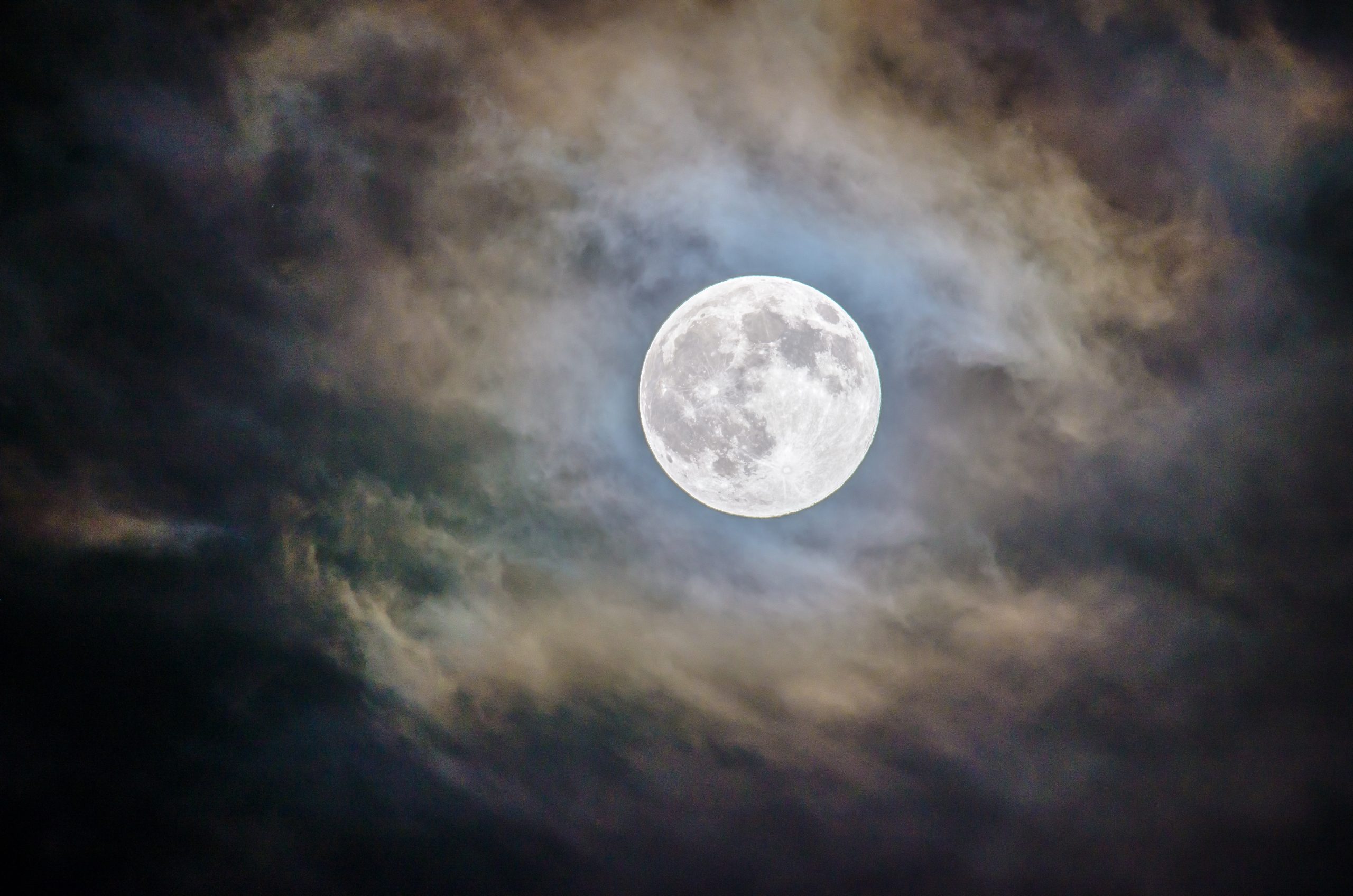Does the Moon Cycle Affect Mood?
For centuries, humans have been fascinated by the moon and its influence on our lives. From affecting the tides to being the subject of countless myths and legends, the moon has held a special place in our collective imagination. One question that has persisted throughout history is whether the moon’s cycle has an impact on human mood. In this blog post, we will explore the concept of lunar influence on mood and examine the scientific evidence that supports or debunks this popular belief.
The Lunar Cycle: A Brief Overview
Before delving into the topic of lunar influence on mood, it’s important to understand the basics of the moon’s cycle. The moon goes through several phases as it orbits the Earth, with each phase lasting approximately 29.5 days. These phases include the New Moon, Waxing Crescent, First Quarter, Waxing Gibbous, Full Moon, Waning Gibbous, Third Quarter, and Waning Crescent.
Throughout history, people have attributed various meanings and influences to each moon phase. Some cultures believe that certain phases bring about positive energy and abundance, while others associate certain phases with negative or chaotic forces. These beliefs have sparked curiosity about whether the moon’s cycle can impact emotions and mood.
Theories and Anecdotal Evidence
Many individuals claim to experience changes in mood and behavior during different phases of the moon. Commonly reported effects include increased emotional sensitivity, irritability, restlessness, and even changes in sleep patterns. However, personal anecdotes, while interesting, do not constitute scientific evidence. This is where empirical research comes into play.
Scientific Studies on Lunar Influence
In an attempt to determine whether the moon has a tangible impact on human mood, scientists have conducted numerous studies over the years. While the results have been mixed, there are a few notable studies worth examining.
The Colorado State University Study
In 1985, a study conducted at Colorado State University aimed to investigate the correlation between lunar cycles and psychological well-being. The study followed 1,200 psychiatric emergency room patients over a six-month period. Researchers found no significant relationship between lunar phases and psychiatric hospital admissions, suicide attempts, or other psychiatric emergencies.
This study suggests that there is no direct link between lunar cycles and severe psychological disturbances. However, it is worth noting that this study focused on individuals seeking psychiatric care, and the results may not apply to the general population.
The Swiss Study on Sleep
In 2013, researchers from the University of Basel in Switzerland conducted a unique study to explore the connection between lunar phases and sleep quality. They analyzed sleep data from 33 healthy volunteers and found that participants took slightly longer to fall asleep during the Full Moon phase. However, this effect was small and not considered clinically significant.
While this study suggests a minor influence of the moon on sleep, it does not establish a direct link between lunar cycles and mood.
The University of Sydney Study
In 2020, a study conducted at the University of Sydney examined the relationship between lunar phases and human sleep, physical activity, and subjective well-being. The researchers collected data from over 5,000 participants and found no association between lunar phases and sleep duration, timing, or quality. They also observed no significant effects on physical activity levels or subjective well-being.
This comprehensive study adds to the growing body of evidence that challenges the belief in lunar influence on mood and behavior.
The Role of Confirmation Bias
One explanation for the persistence of beliefs regarding lunar influence on mood is the concept of confirmation bias. Confirmation bias refers to the tendency to give more weight to information that confirms our existing beliefs while disregarding or downplaying contradictory evidence.
If someone strongly believes that the moon affects their mood, they may pay closer attention to their emotions during specific lunar phases and interpret any mood changes as evidence supporting their belief. This bias can create the illusion of a cause-effect relationship where none exists.
Final Thoughts
While the notion of the moon’s influence on human mood is deeply ingrained in our culture and folklore, scientific studies have not been able to provide conclusive evidence for this belief. While individual anecdotes and personal experiences should not be dismissed outright, they cannot substitute for rigorous scientific research.
As we continue to explore and understand the mysteries of our universe, it is essential to approach such topics with critical thinking and an open mind. The moon remains a captivating celestial object that exerts its influence on Earth in various ways, but the direct impact on human mood seems unlikely based on current scientific evidence.
Regardless of whether you believe in the moon’s influence on mood or not, gazing up at the night sky and marveling at its beauty can be a profoundly enriching and contemplative experience. Whether the moon affects our emotions or not, it certainly has the power to inspire awe and wonder in the hearts of humanity.
Table of Contents
